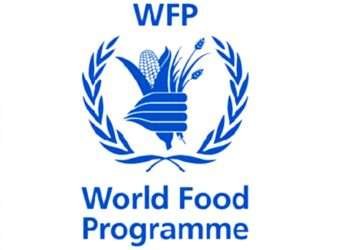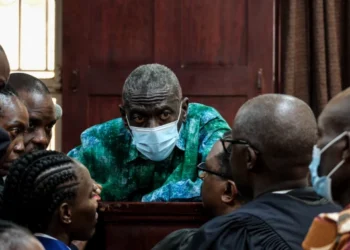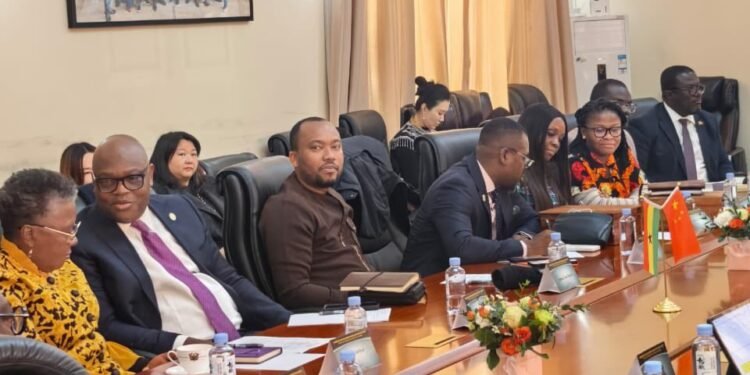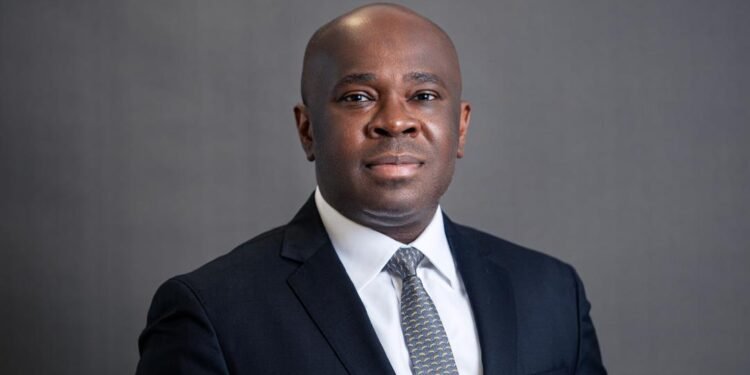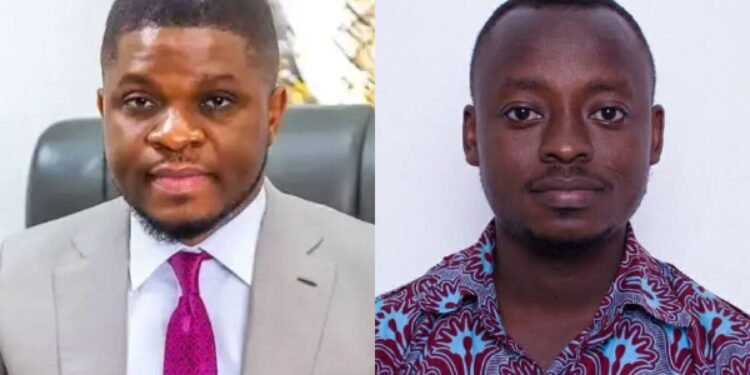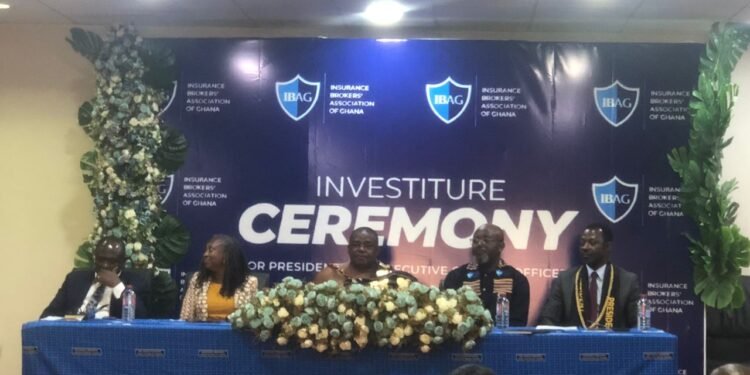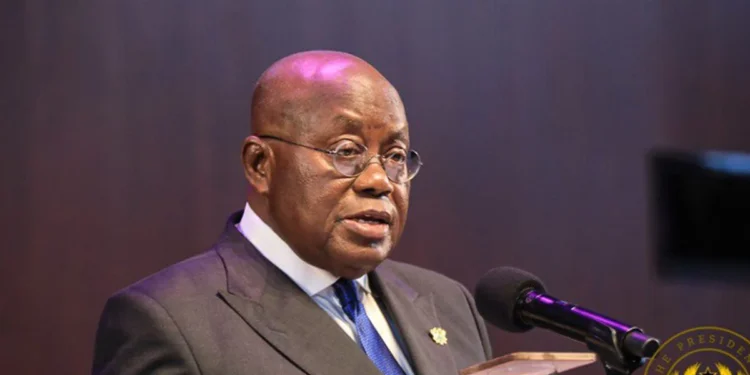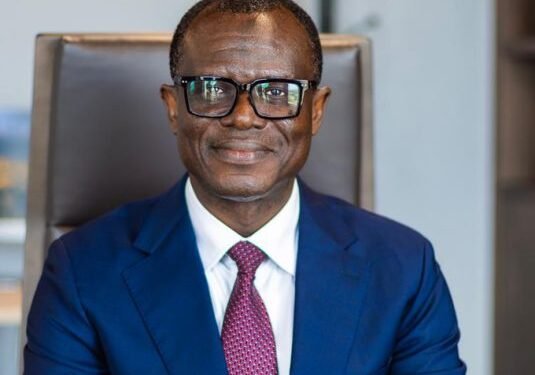A week has passed since an attempted coup rocked Burkina Faso, yet a tense atmosphere still hangs over the capital, Ouagadougou, especially within the ranks of the military.
Eyewitnesses have reported large crowds gathering outside the Mogho Naaba palace, a revered traditional institution in Burkina Faso. Among those spotted were army officers and families searching for missing civilians — an unsettling sign of internal unrest.
Meanwhile, security has visibly intensified in the capital. A recent cabinet meeting held at the presidential palace was conducted under extremely tight surveillance. The area was cordoned off with sniffer dogs deployed, and helicopters were seen hovering overhead.
Heightened security measures have also been observed at military installations. Heavily armed vehicles were stationed at the entrance of the General Baba Sy camp in southern Ouagadougou, with reports confirming round-the-clock surveillance of multiple army camps.
In a calculated political maneuver, the military government led by Captain Ibrahim Traoré has announced plans for nationwide demonstrations on April 30. These rallies are intended to show popular support for the current regime while openly denouncing “Western interference”.
This announcement follows remarks by U.S. General Michael Langley, who alleged that the country’s gold reserves were being diverted to prop up the regime’s security.
Economic ties with Russia appear to be deepening as Burkina Faso’s government continues distancing itself from traditional Western allies. Just last week, the military-led administration granted an industrial mining license to Russia’s Nordgold for its Niou gold project. This strategic deal comes at a time when gold prices are soaring globally, a boon for a nation trying to rebuild an economy undermined by insecurity.
The Niou deposit, located in Kourweogo province, spans 52.8 square kilometers within an area previously explored by Jilbey Burkina, now owned by Nordgold. The mine is projected to yield 20.22 tonnes of gold over the next eight years. Under new national mining laws, Nordgold will maintain an 85% stake in the venture, with the Burkinabe government claiming a 15% share, without any financial contribution.
Burkina Faso Coup Plot
On April 22, the government revealed it had thwarted what it described as a “major plot” to overthrow the junta. According to insiders, a planned meeting at the military’s general staff headquarters, originally meant to involve several officers, was mysteriously cancelled when invitees failed to appear.
The coup attempt was uncovered after the government intercepted communications between a senior Burkinabé officer and known terrorist operatives. Security Minister Mahamadou Sana, speaking on state television, stated the conspirators included both active and retired soldiers along with jihadist collaborators. One of the key suspects named was Captain René David Ouédraogo, who is reportedly on the run.
Sana claimed the alleged coup plot sought to “sow total chaos, and place the country under the supervision of an international organisation.” The conspirators had reportedly planned to storm the presidential palace on April 16.
Burkina Faso, along with Mali and Niger, continues to battle insurgencies involving extremist factions affiliated with both al-Qaida and the Islamic State. In recent years, military-led governments in all three countries have expelled French troops and instead aligned with Russian mercenaries for defense support.

In response to rising insecurity, the three nations recently announced the creation of a joint pact known as the Alliance of Sahel States, aimed at improving regional cooperation. However, despite these efforts, analysts argue that violence in the Sahel region has escalated, with 2024 marking one of the deadliest years for civilians, killed by both jihadist groups and national military forces.
READ ALSO: Namibia Urged to Prioritize Fiscal Stability to Attract Oil Investors




